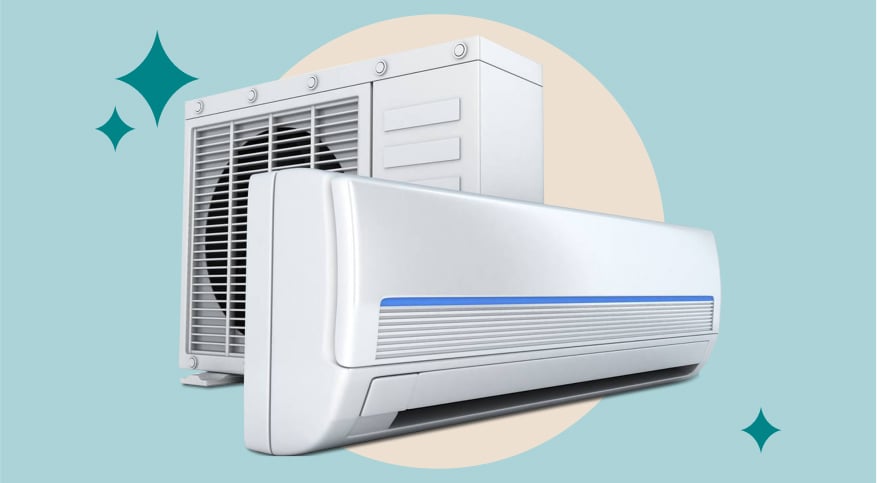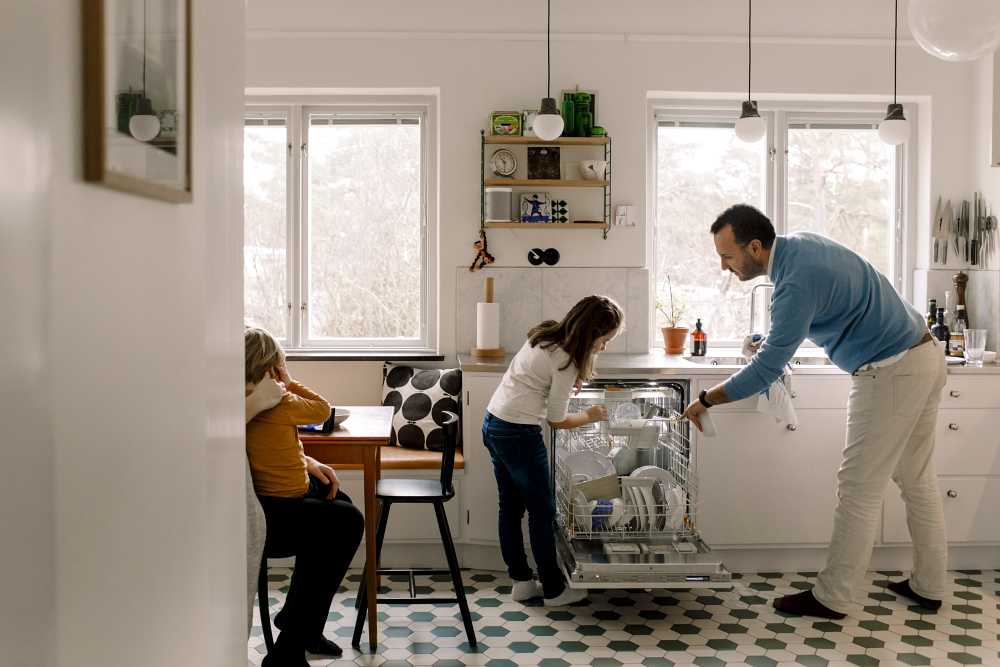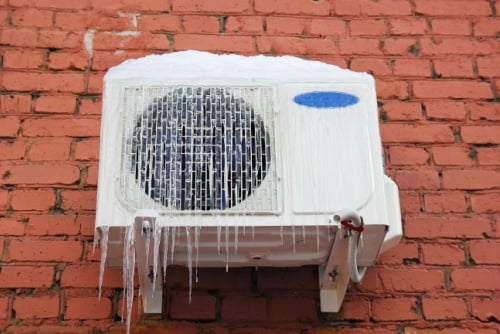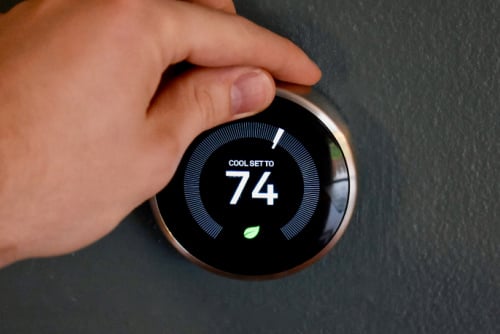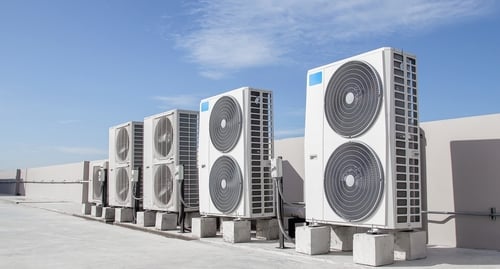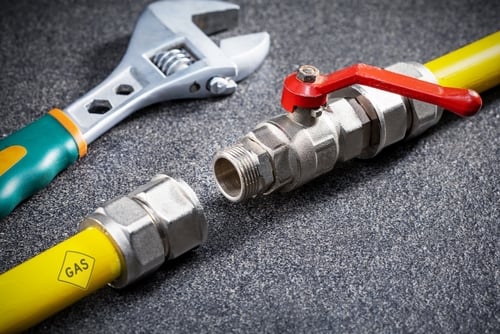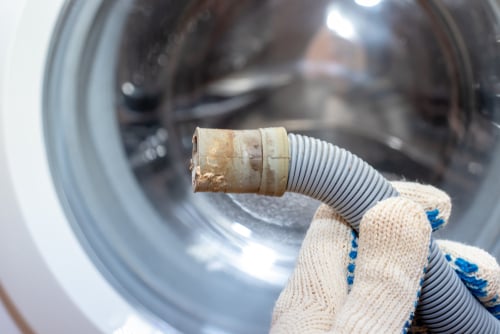Let's talk about something that makes a huge difference in how comfortable you feel at home: your HVAC system. HVAC includes everything from your furnace and air conditioner to the ducts running through your attic or under your house.
Getting to know your HVAC system is a big part of getting to know your home. It’s not just about fixing things when they go wrong; it’s about feeling confident in how your home functions and maybe even saving a bit on those energy bills.
Fundamentals of HVAC Systems
What exactly is an HVAC system?
HVAC stands for Heating, Ventilation, and Air Conditioning, and it's what keeps your home warm in the winter and cool in the summer. These systems do more than just pump hot or cold air; they’re your home’s way of making sure you’re breathing easy, literally. They control the temperature, yes, but also the air quality and humidity levels inside your home.
How HVAC Systems Contribute to Home Comfort
Think of your HVAC system as the lungs of your home, keeping the air circulating. There are three main functions of your HVAC system you should know:
- Temperature Control: the most obvious job. In the winter, your system heats your home; in the summer, it cools things down.
- Ventilation: this is all about air quality. Your HVAC system helps to filter out pollutants and allergens, making sure the air you breathe is clean.
- Humidity Regulation: ever feel that sticky, muggy feeling in the summer? Or how about dry air in the winter that chaps your lips and dries out your skin? Your HVAC system works to keep humidity levels in check, which is a big deal for both comfort and the health of your home.
Getting to know the ins and outs of your HVAC system can seem a bit daunting, but it’s really about understanding how it keeps your home comfy and cozy. While they all have the same three functions, not all HVAC system types are created equal.
Different Types of HVAC
When it comes to HVAC system types, there's no one-size-fits-all. Different homes and climates call for different types of systems. Whether you're looking to upgrade or simply curious about your current setup, there’s a lot to consider.
Let’s dive into a few common HVAC systems so you can understand what’s working behind your walls.
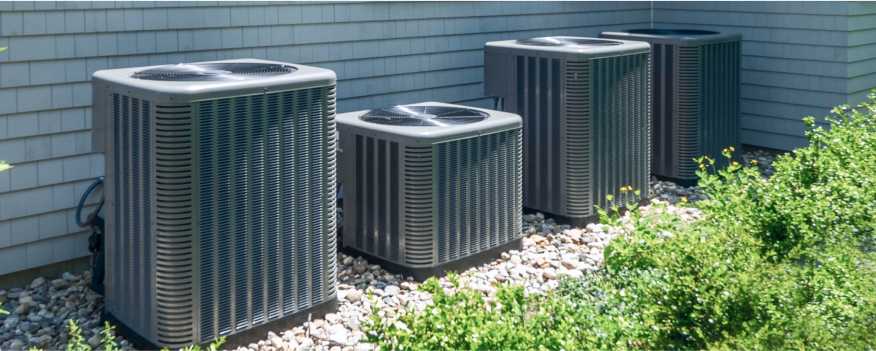
Traditional Split Systems
These are probably what you picture when you think of HVAC. A split system has two main parts: one outside and one inside. The outdoor unit contains the compressor and condenser coil, while the indoor unit houses the evaporator coil and blower. In heating mode, either a furnace or air handler will be the indoor unit and these can either be gas or electric.
They’re called “split” systems because, well, they're split between the indoors and outdoors.
During summer, the system pulls hot air from inside the house, passes it over the evaporator coil where it’s cooled, then circulates it back into the house. In winter, the indoor unit will provide the heating via a gas furnace or the air handlers electric heat strips. Heat pumps can also be installed as a heat source (see "hybrid systems" below for more on this).
Traditional split systems have their pros and cons, but they’re typically best for for moderate climates and can be customized with air quality improvements like humidifiers, dehumidifiers, and air purifiers.
Hybrid Systems
Hybrid systems can be complemented by an air handler with electric heat strips or gas furnace, automatically switching between the two energy sources based on outside temperatures.
It features a heat pump for heating and cooling, complemented by a gas furnace for colder temperatures. The heat pump operates on electricity and works effectively as a heater and air conditioner in mild weather. When temperatures drop below a certain point, the system automatically switches to gas heating, which is more efficient in severe cold. The system intelligently switches between using electricity and gas to optimize efficiency and comfort.
Hybrid systems are best for areas with wide temperature ranges where electricity is cheaper than gas. Other pros of hybrid systems include significant energy savings and reduced carbon emissions over traditional systems. On the flip side, some cons of hybrid systems include upfront costs, requiring both a heat pump and furnace installation. Theses systems also need a fair bit of upkeep and maintenance to ensure the heat pump and furnace are always working optimally.
Packaged Heating and Air Systems
Packaged systems are like a compact, all-in-one option. These systems consist of the compressor, condenser, evaporator, and fan coil all in one unit. They may also include heating elements, eliminating the need for a separate indoor furnace. Instead of having components spread out, everything is bundled together in a single unit, usually placed outside.
Some of the pros of packaged heating and air systems include a compact, single unit housing all components. This feature makes these systems easier to install. They’re also more energy efficient resulting in lower energy bills and a reduced carbon footprint. Packaged heating and air systems are best for when indoor space is limited.
Since all components are outside, some of the cons of packaged heating and air systems include susceptibility to weather along with a shorter lifespan compared to split systems. However, their compact size makes them a favorite for small spaces or where interior noise reduction is a priority.
If you're eyeing an upgrade, the Frontdoor New HVAC Program offers both partial and full upgrades for a variety of systems, ensuring your home meets your specific needs while maximizing efficiency. Reach out via the Frontdoor app to start your journey to a more comfortable, efficient home.
Advanced and Alternative HVAC Solutions
As technology advances, so do HVAC systems, offering homeowners even more environmentally friendly and innovative solutions. While these systems are not part of our New HVAC Program, some homes may not support a traditional system. New home builds especially, are trying out new technologies.
Let’s explore some of the other advanced and alternative HVAC systems on the market today.
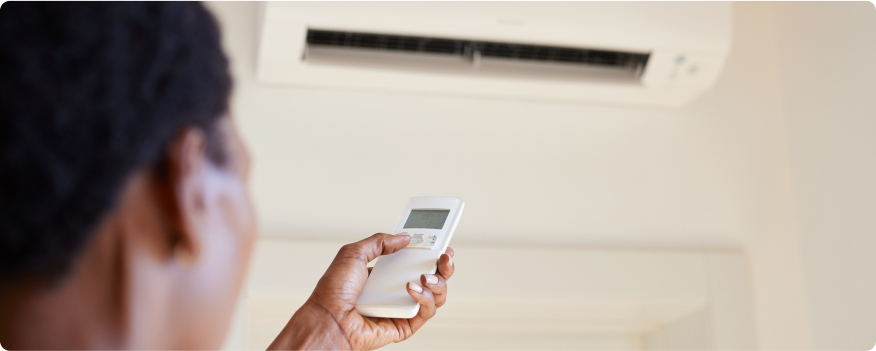
Ductless Mini-Split Systems
Ductless mini-split systems are gaining popularity in the United States, especially in homes where traditional ducted systems are not feasible. They consist of an outdoor compressor/condenser and one or more indoor air-handling units, connected by a conduit. Each indoor unit is typically mounted on the wall and serves a specific room or zone.
Mini-splits provide both heating and cooling without the need for extensive ductwork. Each indoor unit has its own thermostat, allowing for precise temperature control in each zone, leading to increased energy efficiency and reduced costs.
These mini-split systems come with pros and cons. But they’re best for additions to homes, such as sunrooms, or in homes without existing ductwork. They’re also beneficial for creating individual temperature zones in different rooms, enhancing comfort and efficiency.
Geothermal Heat Pumps
Geothermal or ground-source heat pumps are an eco-friendly heating and cooling alternative that leverage the constant temperature of the earth. They consist of an indoor handling unit and a buried system of pipes called a ground loop. The indoor unit may resemble that of a traditional heat pump.
In the winter, the system extracts heat from the earth through the ground loop and distributes it indoors. In the summer, the process reverses, removing heat from the home and expelling it into the ground, thus cooling the house.
Like all HVAC options, geothermal heat pumps come with their own list of pros and cons. The good news is that they’re highly efficient and environmentally friendly, with low operating costs over time. However, the initial installation can be expensive and requires suitable land for the ground loop.
HVAC Compressor Types
HVAC compressor types play a crucial role in the operation of your HVAC system, influencing its efficiency, performance, and longevity. There are several compressor types commonly used in HVAC systems, each with its own benefits and applications.
- Reciprocating Compressor: the most traditional type is the reciprocating compressor, which works by using a piston to compress refrigerant gas. It's known for its reliability and affordability, making it a popular choice for many residential HVAC systems.
- Scroll Compressor: another common type is the scroll compressor, which operates more smoothly and quietly than reciprocating compressors, making it ideal for applications where noise is a concern.
- Rotary Compressors: rotary compressors are favored for their compactness and quiet operation, making them ideal for residential and small commercial applications.
- Centrifugal Compressors: this compressor type excels in handling large volumes of refrigerant gas with high efficiency, making them well-suited for industrial and commercial HVAC systems.
Understanding the differences between the compressor types that come with your system can help you choose the right HVAC for your home, ensuring optimal comfort and energy savings.
Keeping Your System Optimal
No matter which type of system you have, maintaining the health of your HVAC is crucial for ensuring its longevity, efficiency, and the comfort of your home. Here's how you can help ensure it's running smoothly:
- Change Your Filters Regularly: a clean filter improves air quality and efficiency. Aim to check filters monthly and replace them at least every three months.
- Keep Vents and Units Clear: ensure that all vents and outdoor units are free from debris, furniture, and other blockages. This allows for proper airflow and prevents the system from overworking.
- Schedule Tune-ups: just like a car, your HVAC system needs regular check-ups. Having a professional service your system annually can prevent unforeseen issues.
- Seal and Insulate Ductwork: leaky ducts can significantly reduce your system's efficiency. Inspect your ductwork periodically and seal any gaps or holes with mastic tape or duct sealant.
Remember, regular maintenance not only extends the life of your HVAC system but also improves its performance and efficiency, leading to a more comfortable home and lower energy bills. And if you ever need a hand, the Frontdoor app connects you directly to HVAC Experts and trusted Pros who can help keep your system running at its best.
Don’t hesitate to reach out. Frontdoor is here to make home management easy and stress-free.
Was this article helpful?

